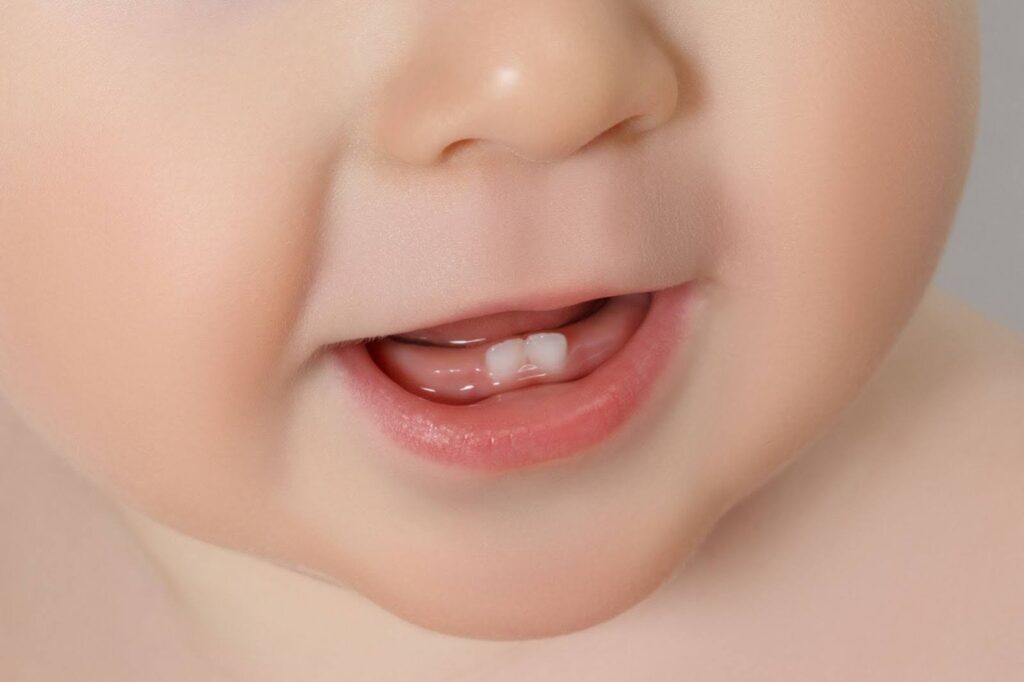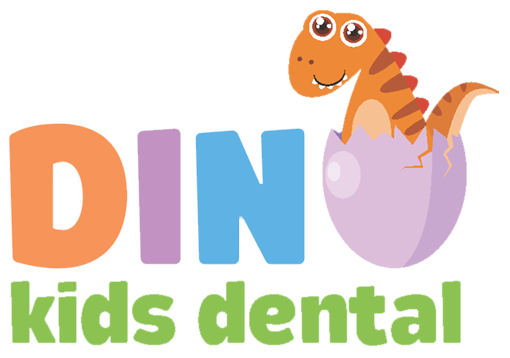Deciduous teeth, or baby teeth as most of us call them in layman’s terms, are something we all got to experience in childhood, but likely didn’t think too much about. Culturally, they’re more or less looked at as throwaway teeth that kids occasionally get a small treat for when they lose them.
However, they’re actually a lot more important than you might think.
While we all lose our baby teeth fairly quickly, they play a pivotal role in our long-term dental health.
Today, we’re going to go over the importance of baby teeth, and what you can do to keep your little one’s baby teeth in good shape until it’s time for them to give way to their permanent counterparts.
The Functions of Baby Teeth
Baby teeth serve several functions. They’re not just placeholders for permanent teeth, and some of those functions can be fairly surprising.
1: Allowing for a Proper Diet
First and foremost, baby teeth allow your child to eat the wide variety of foods needed for them to be nourished and healthy.
If you’ve lost any teeth or you’ve had some of your teeth succumb to rot or breaks, you know how difficult it can be to eat. For a child with those issues, it’s worse.
They can’t push through it or find other ways to get nutrients. So, they reject foods that are uncomfortable and end up with an imbalanced diet that doesn’t help them grow.
2: Reserving Space in the Gums
For permanent teeth to grow properly, there needs to be space within the gums for them to grow into.
Baby teeth start to develop during infancy, or even while the baby is still in the womb, and create space within the gums ahead of time.

This space allows for the permanent teeth to start developing until they eventually push the baby teeth out of the cavities in the gums and replace them.
3: Guiding Permanent Teeth
This is one of the reasons that receiving proper dental care as a child is so important. Baby teeth don’t just provide a cavity for permanent teeth to grow in. They guide the development and eruption of permanent teeth.
If baby teeth aren’t cared for, and they develop structural issues or alignment issues, permanent teeth can erupt with issues before you’ve even had a chance to make any dental care mistakes.
This is why it’s crucial to take proper dental care measures during youth even though those baby teeth are going to fall out in a few years, anyway.
4: Speech Development
The importance of baby teeth is also reflected by things outside of eating or developing permanent teeth. One of those is the development of a lifelong skill all of us rely on – Speech.
Speech relies on teeth considerably. If you’ve seen an older person with missing teeth, you’ve probably noticed that they tend to sound different and have trouble with the pronunciation of certain words.
This is because the majority of words rely on a full set of teeth to control the way air moves through the mouth. Without teeth, or with poorly developed teeth, it’s difficult to create the right sounds for most words.
When a child is first learning how to speak, that problem is even more noticeable, and they learn to mispronounce words from the start; leading to long-term struggles.
How to Care for Baby Teeth
Luckily, baby teeth are pretty easy to take care of, and not only does doing so allow for them to provide the long-term benefits we talked about by functioning properly, but it also helps your child develop good dental care habits. Those habits will last a lifetime and help them keep their permanent teeth in good shape.
Here are some of the basic steps to take.
1: Brush Twice Per Day
Getting into the routine of brushing twice per day is the most basic dental care step you can take. Especially in childhood when habits tend to stick for a lifetime.

Brushing for two minutes at a time, making sure to use a brush with soft bristles and a high-quality fluoride toothpaste, will remove plaque, debris, and other things that cause tooth decay; as well as massaging the gums.
2: Floss
Flossing removes food and debris from between the teeth that a toothbrush can’t reach. Preventive pediatric dentistry specialists claim it’s necessary to prevent rot and decay between teeth that is harder to notice and tends to go untreated.
However, many adults fail to floss even if they brush regularly, and children won’t even learn to do it if you don’t teach them.
Your child should floss during every toothbrushing session. Not only will this help benefit their long-term dental health, but they’ll get into the habit and carry it into adulthood.
3: Avoid Sugars
Kids don’t typically have to worry about many of the big culprits when it comes to tooth decay. They don’t smoke, drink coffee, or partake in any other things that deteriorate teeth to that extent, but there is one big problem that wreaks havoc on a child’s teeth – sugar.
Kids love sweets, but it’s important to limit their sugar intake. Soda, sugary juices, candy, sweet desserts, and anything else that is loaded with sugar should be minimized.
Not only should those things be minimized, but it’s also crucial to make sure their teeth get brushed after they do occasionally get a sweet treat. If not, the sugar will sit on the teeth and start breaking them down fairly quickly.
If you’re going to introduce sweets into your child’s diet, try to do so close to your normally scheduled brushing sessions. This will let your child get the sweet treats they crave, but the sugar will get brushed off soon and prevent problems.
4: Regular Dental Visits
Unfortunately, a lot of kids only go to the dentist when there’s a serious issue. That’s a problem since many of the long-term problems kids develop can be prevented with regular dental checkups.
If there’s nothing wrong, a pediatric dentist can ensure that teeth are aligned properly, not developing cavities, and overall, are in good shape to guide those permanent teeth in when they’re ready.
Conclusion
Knowing the importance of baby teeth, it’s clear what your next step as a parent should be – finding a good and trusted pediatric dentist.
At DINO Kids Dental, we put your child’s dental care front and center, unconditionally prioritizing their oral care and hygiene.
Contact us, and let us take care of your children’s teeth as they grow!


